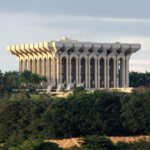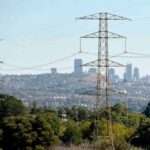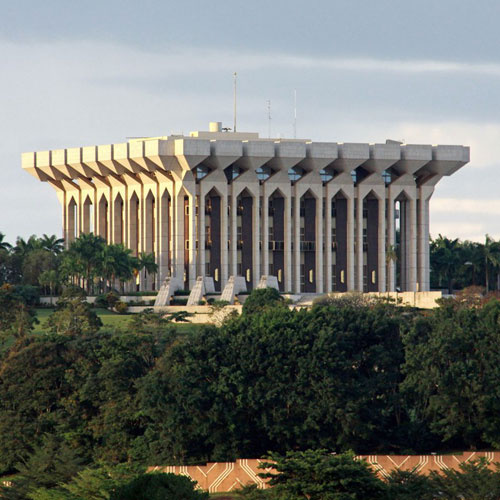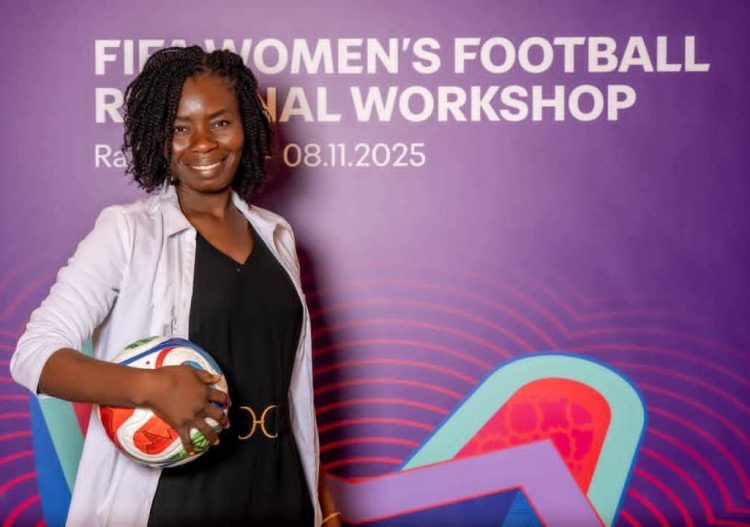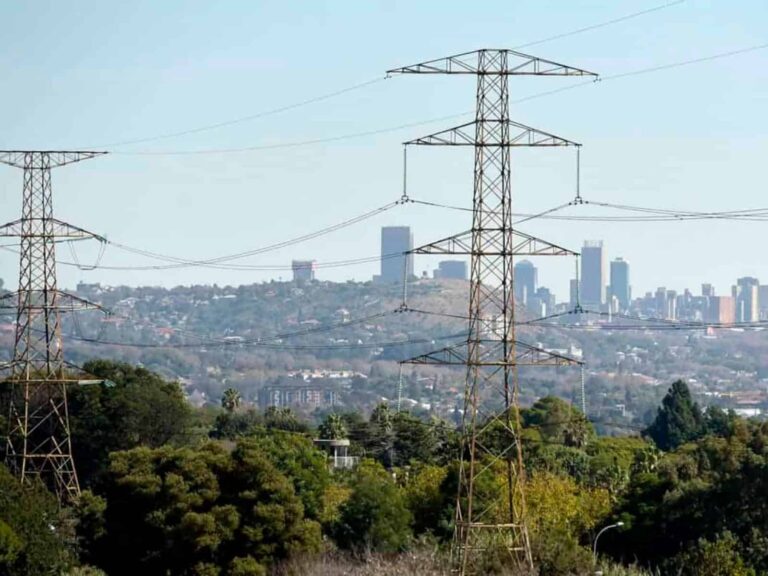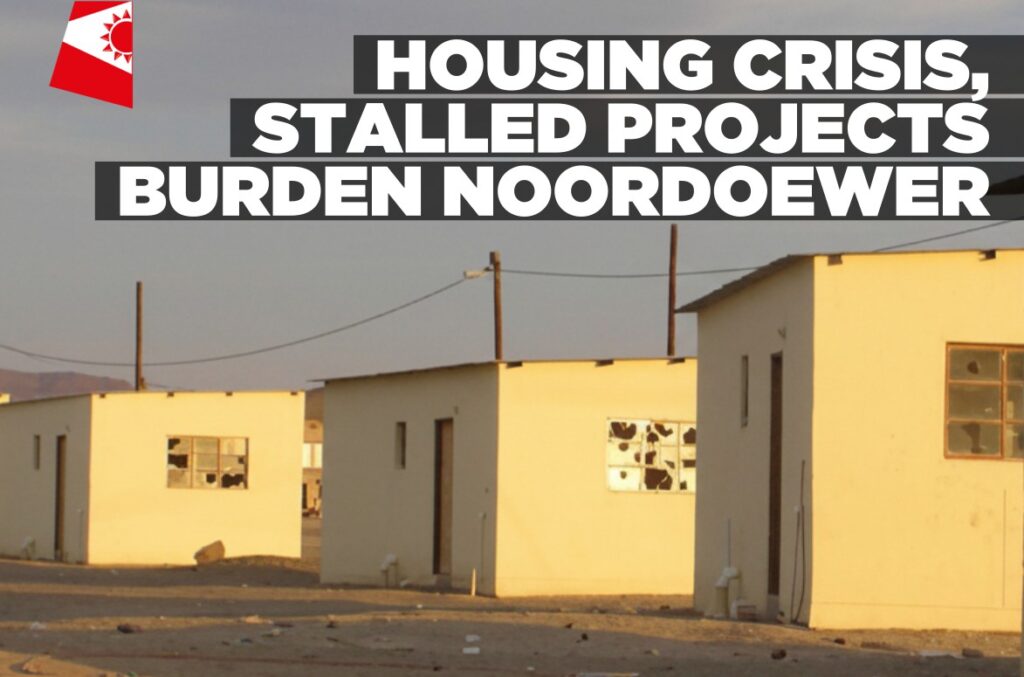
Staff Reporter
A SHORTAGE of affordable housing, stalled government projects, and inadequate infrastructure remain key obstacles in Noordoewer in the //Kharas Region.
This was highlighted in the National Council’s Report of the Standing Committee on Transport, Infrastructure, and Housing. The committee aimed to investigate the extent to which housing policies and programmes implemented by local authorities promote the delivery of affordable land and housing to the urban poor and landless citizens.
The report noted that the committee identified several significant housing and infrastructure challenges impacting low-income individuals and farm workers in Noordoewer. Key issues included the lack of affordable housing, stalled government initiatives, and inadequate infrastructure. These problems are further exacerbated by the rapid growth of the settlement, driven by a large influx of people seeking employment in the grape farms, thereby increasing the demand for housing.
“Compounding these challenges is the lack of basic services and essential infrastructure such as water and sewer systems. In the absence of properly planned layouts, the installation of water networks, electricity, and sanitation services becomes costly, complex, and difficult to implement,” the committee added.
The report revealed that the committee inspected the elevated water tank at Noordoewer, for which N$1.5 million had been allocated.
“However, the entire allocation was reportedly used for the tank’s construction, with no funds remaining for related infrastructure. The unused balance was returned to the Ministry of Finance. During the current financial year, a new contractor has been appointed, and Namibia Water Corporation (NamWater) intends to transfer operations to the //Kharas Regional Council. An additional N$1.5 million was used for consultancy, pressure assessments, and procurement of equipment, although the available equipment remains inadequate for optimal operation,” the report continued.
The committee emphasised that insufficient funding and a prolonged procurement process have significantly delayed the development of sanitation infrastructure in the settlement. The report also revealed that the contractor had identified several structural defects in the elevated water tank, such as wall cracks and the use of substandard materials. In addition, outdated electrical cabling and faulty fittings have contributed to water leaks and supply interruptions.
“It was noted that the water pump connected to the tank had recently been replaced as part of renovation works. Regarding the sewer infrastructure, MURD allocated funds for consultancy services and cost estimates for the sewer reticulation system. However, the N$6 million allocation can only service approximately 100 erven, due to high costs related to master planning, hard rock excavation, and design work, which typically takes three to four weeks to complete,” the report continued.
The committee also highlighted that the sewer treatment plant remains unfinished after the previous contractor abandoned the project.
“Limited budget allocations have caused delays, with funding spread over multiple financial years. Of the N$12 million allocated since 2012, N$6 million has been used. MURD has budgeted N$4 million for 2025/2026 and N$10 million for 2026/2027. According to the project engineer, completion is expected within one year, with 80% of the advance payment already disbursed,” the report added.
Picture for illustrative purposes only. Photo: Contributed

